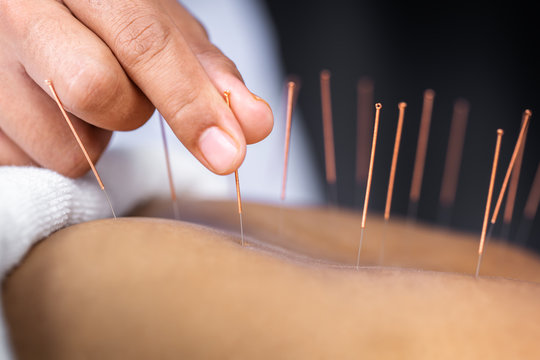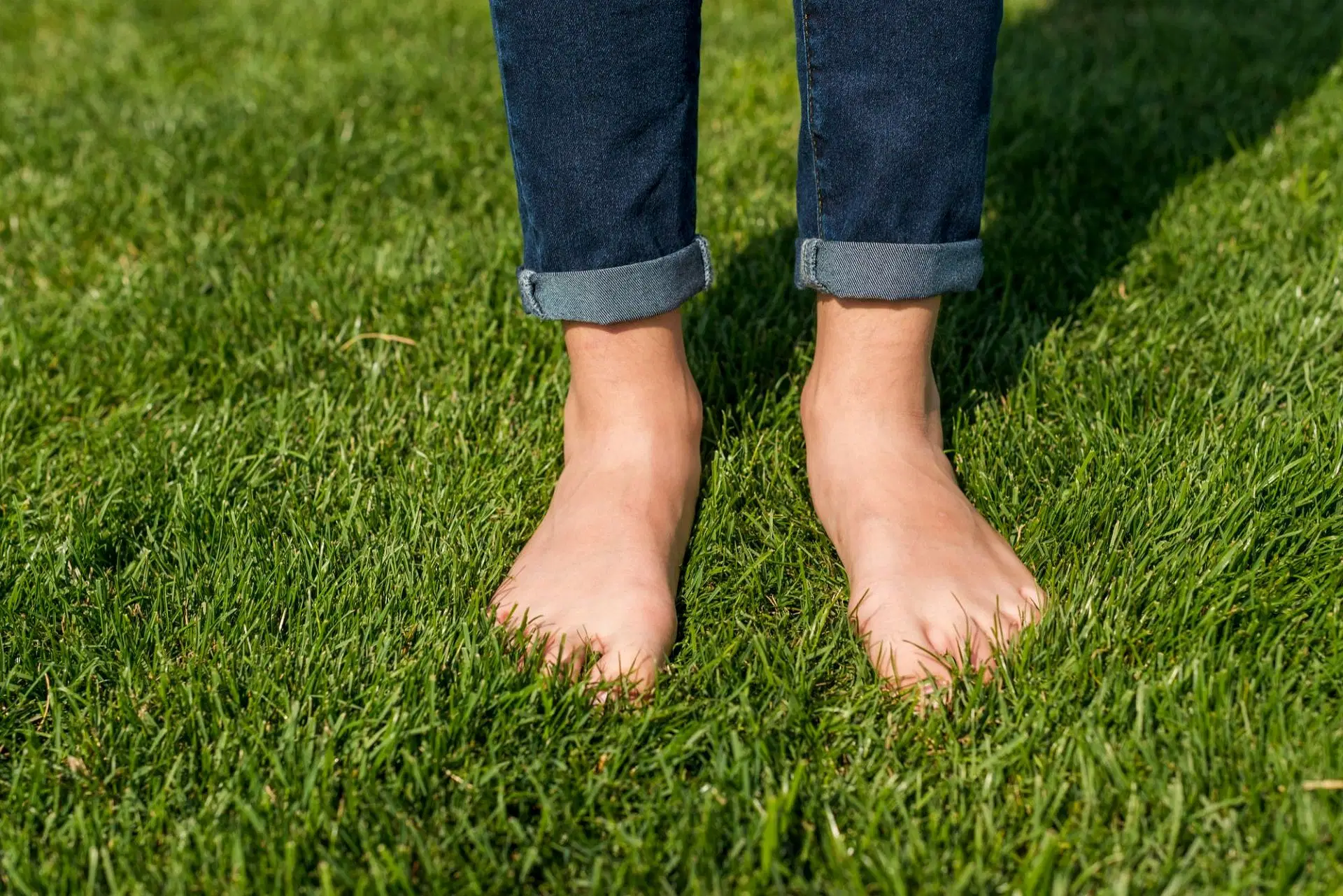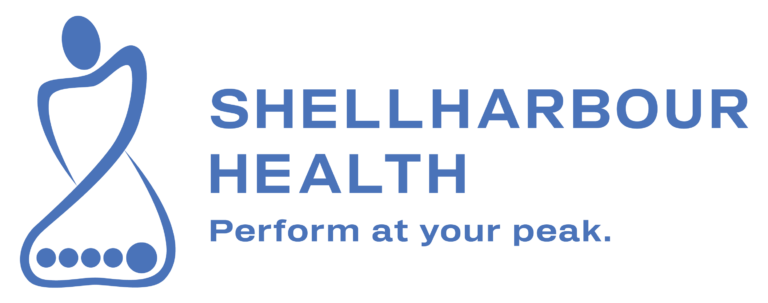At Shellharbour Health, our physiotherapists often get asked: “What is the difference between dry needling and acupuncture?” While both therapies use fine, sterile needles, they are actually quite different in philosophy, application, and purpose.
In this article, we explore the key differences between dry needling and acupuncture, and how each approach may help relieve pain and support your recovery.
What Is Dry Needling?
Dry needling is a modern, evidence-based technique used by physiotherapists to treat muscle pain and dysfunction. It involves inserting thin needles directly into myofascial trigger points—tight bands within the muscle that can cause pain and restrict movement.
Dry needling aims to:
- Reduce muscle tightness
- Improve blood flow and healing
- Restore normal movement patterns
- Relieve pain, particularly in musculoskeletal conditions
Common conditions treated with dry needling include:
- Low back pain
- Neck and shoulder tension
- Headaches
- Tendinopathies
- Sports injuries
What Is Acupuncture?
Acupuncture is a key component of Traditional Chinese Medicine (TCM), practiced for thousands of years. It is based on the concept of balancing the body’s energy flow—known as Qi (Chi)—through pathways called meridians.
In acupuncture, needles are placed at specific acupoints along these meridians to:
- Restore energy balance
- Improve organ function
- Promote general health and wellbeing
- Treat a wide range of conditions, not just musculoskeletal (MSK)
Common uses for acupuncture include:
- Chronic pain
- Stress and anxiety
- Digestive issues
- Insomnia
- Migraines
Key Differences Between Dry Needling and Acupuncture
PHILOSOPHY – Acupuncture – Eastern TCM I Dry Needling – Western
APPROACH – Acupuncture – Meridians or acupoints I Dry Needling – Trigger points
GOAL – Acupuncture – Restore Qi (Life force) Balance I Dry Needling – Release trigger points
CONDITIONS TREATED – Acupuncture – MSK and systemic conditions I Dry Needling – MSK only
Do Physiotherapists Practice Acupuncture?
Most physiotherapists do not practice TCM however some are trained in TCM acupuncture for MSK conditions via the Australian Physiotherapy Association (APA). Other physiotherapists are trained in dry needling or ‘western acupuncture’. Western acupuncture blends some traditional acupuncture techniques with a modern, evidence-based understanding of anatomy and physiology.
At Shellharbour Health, our physiotherapists use TCM acupuncture for MSK conditions or dry needling as part of a comprehensive treatment plan, tailored to your individual needs. If you’re unsure whether dry needling or TCM acupuncture is right for you, we’re here to guide you.
—
To find out more or book an appointment with one of our experienced physiotherapists in Shellharbour, get in touch with us today.



